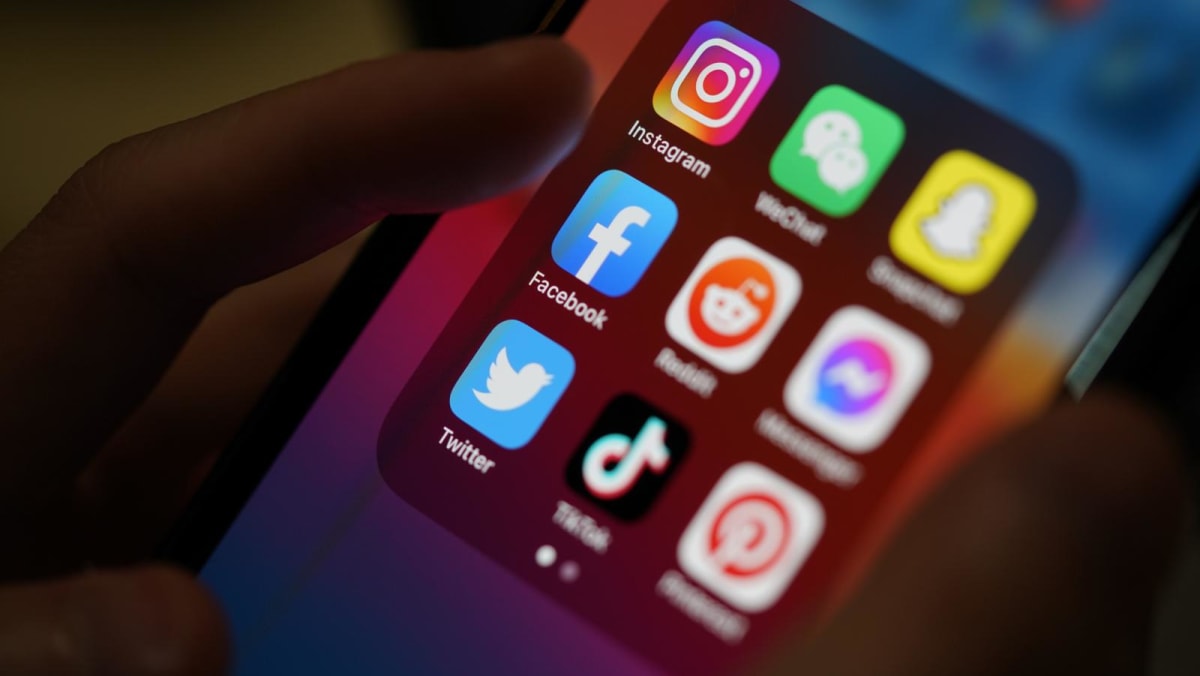Is social media really addictive? Here’s what the science says

DOES COMPULSION EQUAL ADDICTION?
For many years, the scientific community typically defined addiction in relation to substances, such as drugs, and not behaviours, such as gambling or internet use. That has gradually changed.
In 2013, the Diagnostic and Statistical Manual of Mental Disorders, the official reference for mental health conditions, introduced the idea of internet gaming addiction but said that more study was warranted before the condition could be formally declared.
A subsequent study explored broadening the definition to “internet addiction”. The author suggested further exploring diagnostic criteria and the language, noting, for instance, that terms like “problematic use” and even the word “internet” were open to broad interpretation, given the many forms the information and its delivery can take.
Dr Michael Rich, the director of the Digital Wellness Lab at Boston Children’s Hospital, said he discouraged the use of the word “addiction” because the internet, if used effectively and with limits, was not merely useful but also essential to everyday life. “I prefer the term ‘Problematic Internet Media Use’,” he said, a term that has gained currency in recent years.
Dr Greenfield agreed that there clearly are valuable uses for the internet and that the definition of how much is too much can vary. But he said there also were clearly cases where excessive use interferes with school, sleep and other vital aspects of a healthy life. Too many young consumers “can’t put it down”, he said. “The internet is a giant hypodermic, and the content, including social media like Meta, are the psychoactive drugs.”
By Matt Richtel © The New York Times Company
The article originally appeared in The New York Times.
Source: CNA















